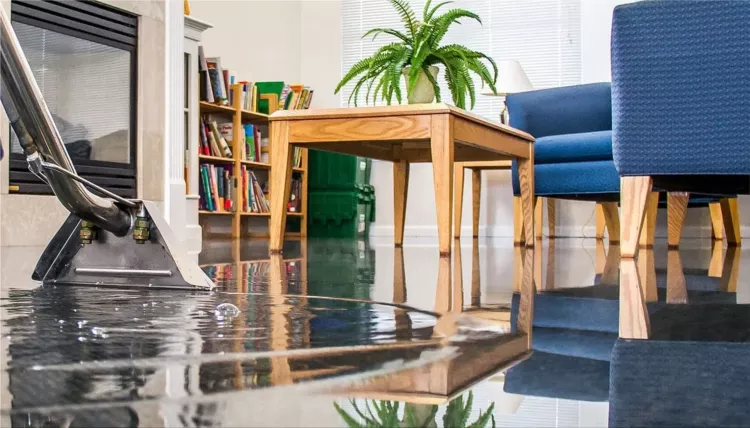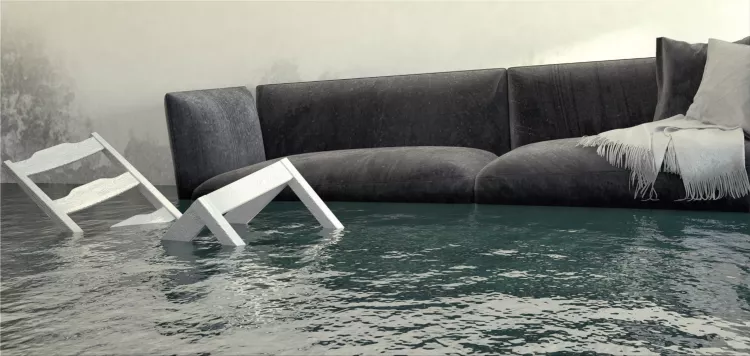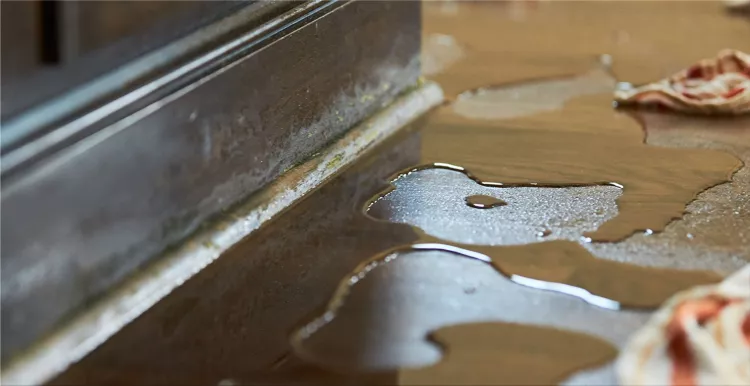5 Steps to Follow After Your Home Suffers Water Damage
When you've had water damage in your house, you need to act quickly to get your home back to normal as soon as possible. The first step in water damage repair is drying out the affected areas. It's essential to dry out any porous materials in your home quickly to avoid the spread of bacteria and mold. Disinfecting the affected areas with a bleach solution is also an important step. Disinfecting the areas will kill any bacteria or mold present.
Repairing water damage
When water leaks into your house, there are several steps you can take to minimize damage. First, identify the water's source, and turn off the water to the entire house.
Once you turn off the water, you must repair or replace leaking pipes. Otherwise, you will cause more damage. You can use towels to dry the affected areas for minimal water damage, but more significant areas of water damage require professional help.
A severe leak can cause lasting damage. Contact your insurance company immediately if you notice a leak in your house. Your insurance company will send an estimator to assess the damage.
Cost of repairs
A home insurance policy can cover Water Damage Restoration Charlotte, but the total cost of repairs may vary. The extent of the damage, the materials that will need to be replaced, and the location of the water damage will determine the cost. Significant water damage can be costly, but minor water damage can be repaired relatively inexpensively.
Water damage repair costs can run anywhere from a few hundred to tens of thousands. Therefore, homeowners must act quickly to minimize the damage and avoid further problems. Contact a professional restoration company as soon as possible and document the damage. This documentation will be helpful when filing an insurance claim.
Protecting valuables
If your house is affected by water damage, there are several things you should do to protect your most essential items. The first step is to move electronics from the basement to the higher ground. Next, shut off the central power and secure the electronics in plastic bags and containers.
It is also essential to protect important documents. For example, birth certificates, insurance policies, Social Security cards, passports, and mortgage records should be saved. In addition, the deed to your house should be saved.
Drying out home after water damage
To dry your home, there are many steps you can take to achieve this goal. First, remove any items that may still be damp. They will help dry the walls—drill holes into the drywall.
Next, you should start a dehumidifier. Dehumidifiers can reduce the air's moisture and help prevent mold. They can also help eliminate health hazards that can occur from standing water.
Health hazards
While it may not be immediately dangerous, it can lead to respiratory and skin problems. It may also leave your house with a musty odor. Cleaning up water damage can help eliminate these odors.
Besides the physical health hazards, water damage can also cause severe damage to the structure of your house. If the water damage is extensive, the ceiling of your home may collapse, compromising its structural integrity. A roof leak, burst pipe, or inadequate waterproofing can all cause this problem.
- Add new comment
- 17 views

























